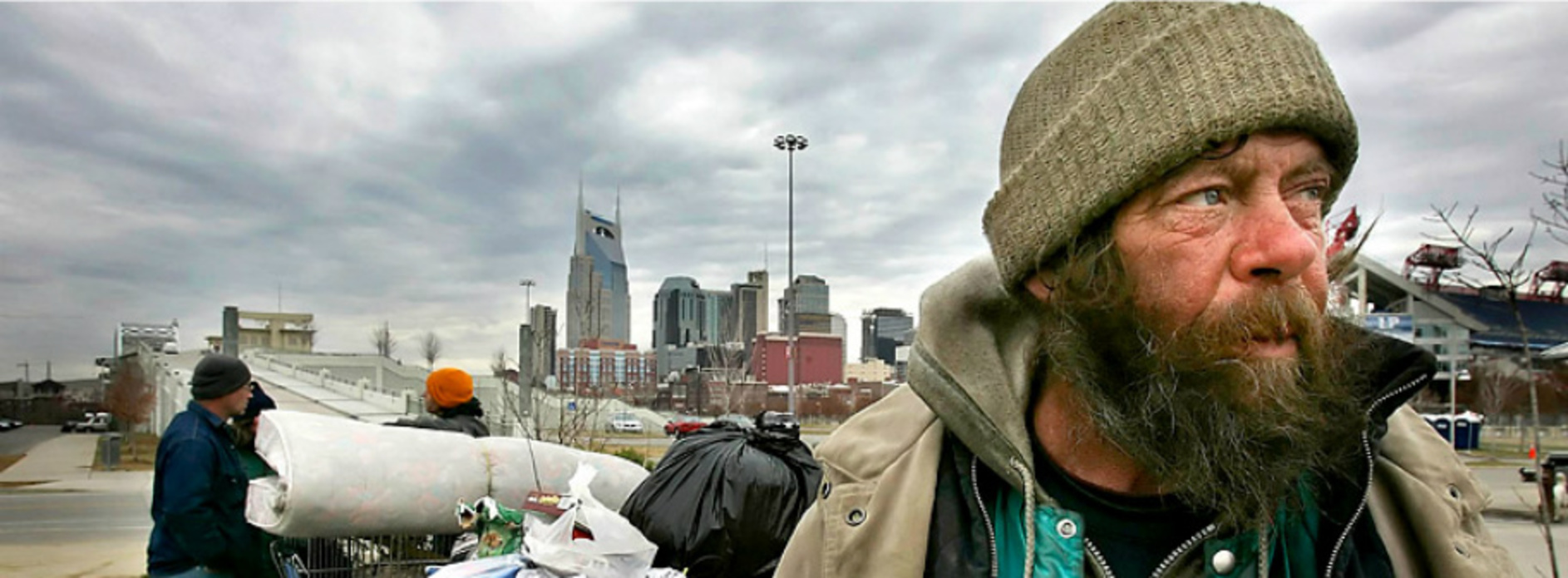Monday, November 23, 2015
To End Poverty in America, We Must First Understand It
We’ve all heard the numbers surrounding poverty in the United States.
The most recent U.S. Census Bureau findings tell us there are approximately 47 million impoverished Americans (according to the official measure, which was created a half century earlier in the 1960s). That number rises to nearly 50 million when examined using the new “Supplemental Poverty Measure,” which takes into account additional key factors, like the difference in housing costs across geographical regions, and government program assistance families receive.
But regardless of how we measure poverty, there is one thing the numbers don’t reveal: the fact that not all poverty is the same.
For example, most middle class Americans are able to grasp the concept of situational poverty, where someone experiences a temporary spell of financial hardship due to life events, such as a job loss or illness. Although this type of poverty is challenging, usually the affected individual maintains a semblance of hope and is still connected to a support network that will most likely facilitate his or her likelihood of getting out of this “slump.” Those who experience this genre of poverty typically don’t internalize it as being caused by a lack of worth.
Conversely, in working class poverty, individuals are employed (often in low-paying, menial jobs), but rarely earn enough money to cover all the necessities, like health care. These Americans live pay check to pay check, and are more likely to regard their poverty as a personal deficiency.
Then there is chronic, generational poverty.
Americans trapped in this latter form find themselves in a constant state of crisis where the goal is simply to make it through another day. There exists a high rate of family mobility and illiteracy, and few people have known anyone who has escaped poverty’s grip by gaining an education. People living in generational poverty tend to internalize their situation and often believe that the rest of society just doesn’t care.
The Society of St. Vincent de Paul, Diocese of Cleveland, encounters the many faces of poverty each day, and strives to assess and understand the unique needs of every person seeking help.
During this past year alone, the organization’s volunteer members gave a helping hand to more than 260,000 men, women, children, and senior citizens throughout Northeast Ohio with food, emergency utility and rent payments, school supplies, winter blankets, and outerwear. And when they can’t meet someone’s need directly, they connect that person to other organizations that can.
The St. Vincent de Paul Society knows the importance of recognizing the various types of poverty in order to best understand where a person is at a particular moment in time. That’s why it is partnering with The City Club of Cleveland on Friday, December 4 to bring in national poverty expert, Donna M. Beegle, Ph.D., who will discuss “Breaking Poverty Barriers.”
Beegle understands the chains of poverty all too well.
She grew up in generational poverty as the child of migrant workers. Her youth was spent traveling with her family from Arizona to Washington as they followed the fruit-picking season. During this time, she experienced homelessness, hunger, humiliation and the growing sense that no one cared about people like her.
Like so many others in generational poverty, Beegle spoke a language different from the middle class. This made it extremely difficult for her in school, where she constantly encountered words that she couldn’t understand. When she asked her teachers to explain their meaning, they instructed her to look them up in the dictionary. This merely resulted in more frustration, as the dictionary only offered her additional unfamiliar jargon.
By the time she was 15, Beegle left school for marriage. At 25 years old, she was divorced, had two children, a limited education and no job skills. She continued to struggle with poverty until the following year, when she attended a “Women in Transition” class. It was there that she met a lady who actually broke the cycle of poverty.
Beegle started to envision what previously seemed completely impossible. During the subsequent decade, she earned her G.E.D., bachelor's, master's, and doctoral degrees.
With the help of mentor Bob Fulford, Ph.D., she co-founded Communication Across Barriers, a consulting firm dedicated to broadening and improving opportunities for people who live in the poverty war zone. Through her organization, she conducts seminars to teach others how to move beyond judgment and stereotypes and gain a deeper understanding of poverty’s causes and how it impacts people. These events also link low-income individuals with community professionals in an effort to provide networks and resources.
Her inspiring story and work have been featured in publications across the country and on local and national television stations, including PBS. She is the author of See Poverty, Be The Difference, a resource book for professionals who work with people in poverty.
In a clip from her PBS documentary promo, Invisible Nation, Beegle very candidly sums up life in poverty:
“In poverty, life happens to you. You don’t get to make life happen. You wait for the next crisis, and you react.”
St. Vincent de Paul Society, Diocese of Cleveland is a community partner of Dr. Beegle's forum.






